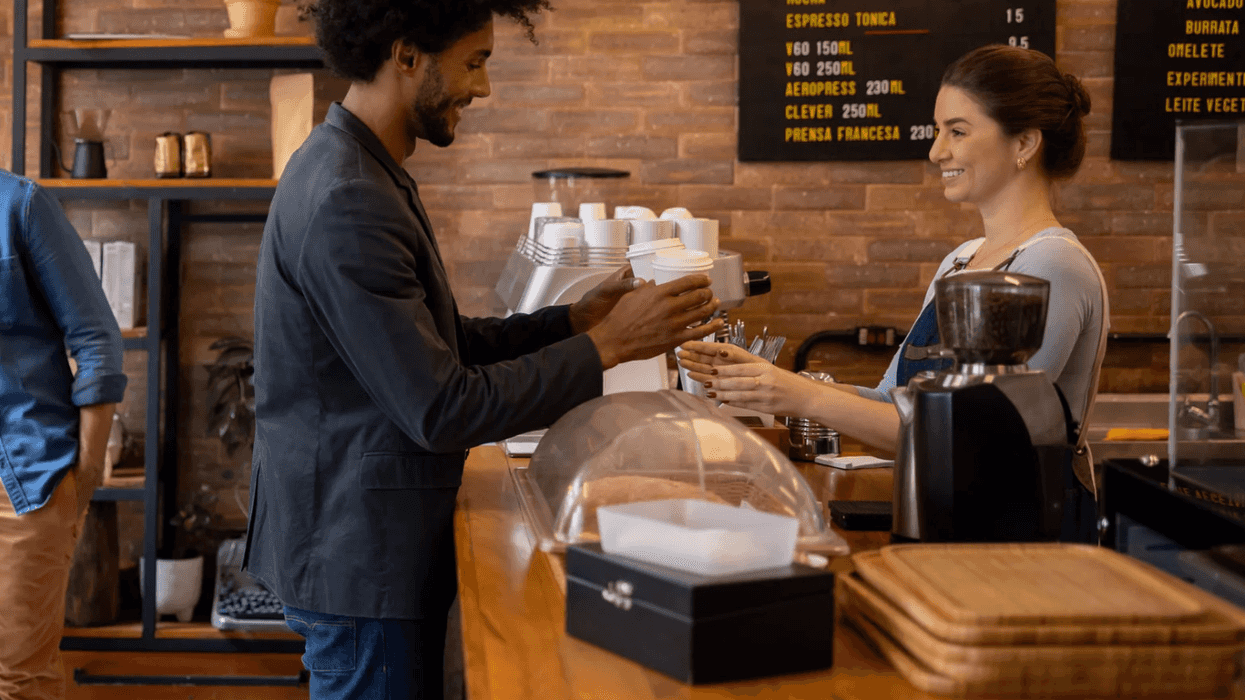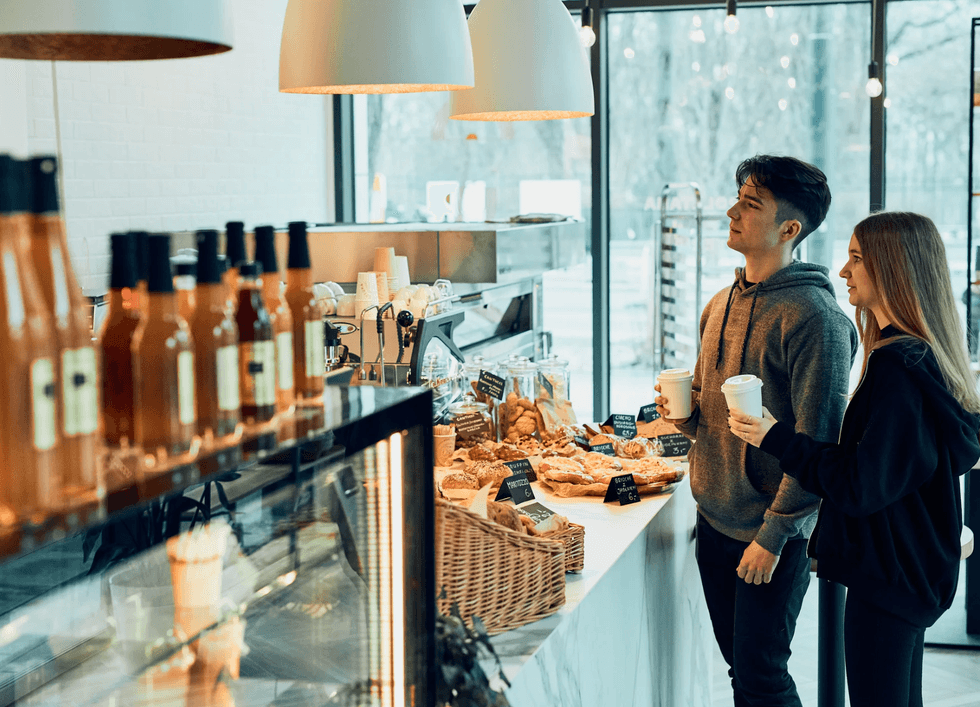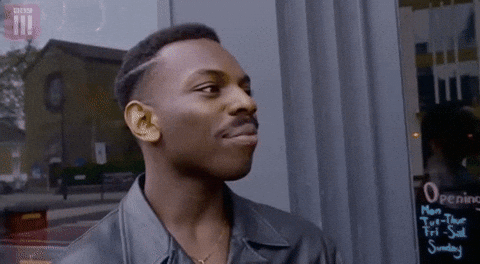A young, buzzing crowd pushes near the makeshift stage, an area of the tasting room that's been cleared so the shaggy cover band can properly belt Motorhead—The Ace of Spades! The Ace of Spades! Hip kids—all of them elbows-in so as not to spill their pints of Blanca wheat ale—hunch over tall, candlelit tables and shout above the music. I catch a bit of conversation over the din, a confident 20-something rhapsodizing on hop selection and brewer's yeast.
It's a familiar scene in America, but beyond the exit is unfamiliar territory: the industrial heart of Medellin, Colombia, a city that, in 1991, recorded more than 6,300 homicides and ranked as the most violent place on the planet. But all that's changing. Over the last decade, this inland metropolis of 2.5 million has sloughed its image as ground zero in the international drug trade and is reinventing itself with daring public works projects, a vibrant arts scene, and a fresh spirit of entrepreneurship. In 2013, Citi and the Wall Street Journal named Medellin their "Innovative City of theYear," swinging the global spotlight onto the inspiring turnaround.
And one story is unfolding here, at an upbeat tasting room in a brewery called Tres Cordilleras—"three mountain ranges" in Spanish. Front and center in the tasting room this Thursday evening, flanked by a cadre of grinning friends and hangers-on, a 42-year-old Colombian who bears a passing resemblance to Artie Lang is bobbing his head to the cover band. Juanchi Vélez is a tastemaker, one of the visionaries helping to define an era of prosperity and increasing stability. He opened the doors to Tres Cordillas in 2008, clinching a personal decades-old dream—and perhaps more largely, creating a cultural crystal ball that promises a better future for Colombia's long-troubled second city.
The story of how this oasis of great brews popped up in a desert of lager—and how Juanchi Vélez became, in one American brewer's words, the Jim Koch of Medellin—begins back in 1996, when another city with its share of problems was getting set to reemerge on the world's stage.
Olympic fever was in full swing, the Tomahawk Chop was Major League Baseball's reigning psych-out, and Atlanta was all the buzz. Vélez, 25 then and newly married, had graduated from college, and he and his wife Veronica were looking forward to a year abroad in the United States to travel and learn English.
Atlanta was a logical choice for the Colombian newlyweds—a big city with a warm climate and a smaller Spanish-speaking community than they were likely to find in Miami or New York, the better to learn English. Spruced up for the summer Olympics, the capital of the American South didn't disappoint. More than $500 million had gone into infrastructure improvements and beautification before the games. With all the international press coverage, restaurateurs, musicians, and artists were flaunting southern style on every comer.
Vélez bused trays and scrubbed dishes while studying English. He came from a prosperous family in Medellin, but he didn't mind rolling up his sleeves. He was in his 20s, the cost of living was low, and he and Veronica were living the bohemian dream. It might have gone on like that, with the couple returning home at the end of the year as planned, but a fateful trip to an Atlanta pizzeria put them on a new course.
On a lark, Vélez decided to order a type of beer he'd never had before. It was a revelation. Unlike the American lagers he was accustomed to, this pint was dark and fragrant. Then he tasted it. He had no idea what he'd ordered, but that first sip made him want to learn everything there was to know about beer. Vélez went out and bought a book about beer, which doubled as an English primer. He began to formulate a crazy idea.
[quote position="left" is_quote="true"]He had no idea what he'd ordered, but that first sip made him want to learn everything there was to know about beer.[/quote]
It was the spring of 1998, and an American brewer named Freddy Bensch was sitting behind his desk wearing shorts and no shoes. This wasn't unusual. Bensch had lived in Atlanta for two years, but his surfer's lilt and life's-a-beach attitude made it clear to everyone that he'd never quite left California.
SweetWater Brewing Co., which Bensch opened just a year before with long-time friend Kevin McNerney, had been operating with a skeleton crew of just six employees. The new enterprise was headquartered in an old warehouse in a sketchy part of Atlanta, but business had been good so far. As Bensch and McNerney anticipated, the craft scene was taking off in the South. SweetWater's offerings were making waves in local bars, and already demand was out-pacing the once-a-week delivery capacity of the small-time distributor they'd signed with. This last bit irked Bensch. Nothing harshed the Californian's mellow like mulling over the early decisions that now threatened to hamstring his company's growth. He could already envision a day when his warehouse facility would be too small. It was a good dilemma to have, but it was still a dilemma.
Bensch was going over the hooks at his desk, turning the capacity problem over in his head, when someone knocked on his office door. A short, nicely dressed guy with curly hair walked in. "What can I do you for?" Bensch asked. It might have been the time of day, but the SweetWater co-founder couldn't understand a word the heavy-accented man in front of him was saying. Juanchi Vélez started to get frustrated.
The Vélezes had scrapped their plan to return to Colombia right away. Vélez had fallen in love with craft beer, and, despite the state of his hometown, he soon became infatuated with the prospect of starting a brewery in Medellin. He won a scholarship to Kennesaw State University and threw himself into an MBA program, where he used every term paper and class project as an opportunity to analyze North America's exploding craft scene. With the academic background in place, he knew he'd need hands-on experience. There were only a few craft breweries in Atlanta at the time. SweetWater was in its infancy, but already it had a reputation for making seriously great suds. Juanchi knew it was the perfect place to learn the industry from the inside.
[quote position="right" is_quote="true"]I'll work for free for five months. You teach me the industry. I'll make coffee, clean up, anything. You don't have to pay me.[/quote]
Bensch eventually broke through the haze and figured out what the Colombian was asking. He was sympathetic, but money was tight—SweetWater was already reinvesting every cent of its profits into expansion. Bensch also wasn't clear what a foreigner with an MBA and shaky English—or at least an accent he had a tough time making out—could do for him. “You know what?" he said finally, cutting Vélez off before he could finish. "I appreciate you coming in, but we're not looking to hire. Thanks, though. Hasta luego."
That's when Vélez pulled out his contingency plan. "I'll work for free for five months," he said abruptly. "You teach me the industry. I'll make coffee, clean up, anything. You don't have to pay me."
Bensch perked up. He understood that well enough. The two talked some more, and later that day, Vélez donned a pair of rubber boots and followed his new boss to the brewing floor, squeegee in hand.
With Veronica working in an office to support her husband as he followed his dream, Vélez used the trial period to learn everything he could. He pushed mops and cleaned tanks, made coffee and worked the line. He also made an impression. Vélez had a knack for numbers, and soon Bensch gave him a shot at bringing some order to SweetWater's slapdash record-keeping system. Vélez streamlined the books, made them easier to read and use, and soon he became the company's de facto controller. Bensch hired him on with a salary and gave him a small stake in the brewery—partial compensation for time already worked. Vélez stayed with SweetWater and helped it become an Atlanta institution.
What started as a small operation catering to a few local bars became a wildly successful brand shipping more than 45,000 barrels by the mid-2000s and hosting tens of thousands of beer lovers on brewery tours every year. He and Veronica had planted roots in Atlanta and eventually had three children. They were living the American Dream and might easily have stayed. But Vélez's vision of bringing great beer to Colombia tugged at him.
In 2007, he began an exhaustive feasibility study to analyze the market potential in Medellin. On its surface, it seemed like an unwelcoming place to start a craft brewery. Beverage giant SABMiller controlled virtually 100 percent of the beer market, and most Colombians had never tried anything but American-style lager. There was no distribution network in place for a startup brewery, and no indication that bars would be willing to stock an unproven brand selling a comparatively expensive product. But there were also good reasons to be hopeful. A sense of optimism was creeping into the city. After drug kingpin Pablo Escobar's death at the hands of government forces in 1993, rival gangs and well-organzed militias competed for control of the country's lucrative cocaine trade, giving rise to a new wave of violence. But starting in the early 2000s, strategic military incursions into urban areas—the most famous and controversial of which was 2002's Operation Orion—pushed many of the warring factions out into the countryside.
[quote position="left" is_quote="true"]Seemingly overnight, Medellin was being touted as a model of civic recovery. [/quote]
A series of progressive mayors capitalized on the breathing room with ambitious social agendas. In 2004, Medellin made world headlines with a creative gondola system that connected residents in a poor hillside neighborhood to the city's state-of-the-art metro below. Huge portions of the municipal budget were diverted to fund education and infrastructure projects, many of which attracted top architects and urban planners. Seemingly overnight, Medellin was being touted as a model of civic recovery. In lock-step with the municipal transformation, the city's growing middle class was undergoing a cultural shift. Vélez analyzed the number of international flights departing from Medellin, and he charted the growing number of youth hostels available for incoming travelers. Aided by the internet, Colombia was becoming much more globally connected than it had been just a few years earlier. A new generation was enjoying relative security and prosperity for the first time in decades, and it was looking to the States and Europe for style cues. Craft beer hadn't made inroads yet, but the city's energy—exemplified in its wild nightlife—and famous hospitality made it ripe for new lifestyle brands.
Vélez put together a business plan and returned to Colombia with Veronica and his children. SweetWater became an early investor in Tres Cordilleras, and the gurus in Atlanta gave freely of their advice and encouragement. Bensch advised Vélez to find a facility that was big enough to support lots of growth. SweetWater had finally moved out of the old warehouse in Atlanta, and Bensch didn't want his protégé and friend to make the same mistake he did by thinking too small from the get-go.
Marketing craft beer in Medellin would be a challenge, but in lieu of expensive campaigns, Vélez opted for strategic placement in bars whose clientele could generate valuable word-of-mouth buzz—the same strategy that launched Boston Beer Company Hip urbanites began talking about Medellin's first craft, which was offering a completely new lineup of tastes, colors and aromas: wheats and ambers, a stout, an American pale ale, and rotating seasonals like an IPA and a saison. In a city thirsting for "new," Tres Cordilleras became a cultural beacon, drawing crowds to the wildly popular Thursday tour at the brewery. And, in a city that had suffered unspeakable violence at the hands of actual guerrilla fighters, the loose way the term "guerrilla marketing" got tossed around to describe Vélez's new enterprise was just anothersign of the changing times.
Located in a lush valley known for its year-round spring-like weather, Medellin is the ideal place to enjoy a beer outdoors on a breezy afternoon. Near the center of the city, the botanical garden provides a shady enclave away from the busy downtown sector. On a pristine Saturday in May, thousands of stylish young Colombians have converged here form annual music and arts festival called Vibra. Tierra—"Vihrate My Land." Reclining on beanbag chairs and sipping from plastic cups, the audience has just finished listening to a talented band fuse French Musette with Colombian salsa. As the next group sets up, a man in a pink blazer trots onstage. He is grinning widely and carrying a glass of beer.
"Nola, Medellin," Juanchi Vélez says, raising a glass to his compatriots. A chorus of cheers and playful catcalls goes up, and onlookers raise their own beers in response. Most of them know who Vélez is, and everyone knows Tres Cordilleras, which is sponsoring this event. "We'll get hack to the music in a second," Vélez says, "but first I want to tell you about a special beer." Tres Cordilleras is introducing its newest style today. On a trip to the Netherlands two years ago, Vélez fell in love with fruit beers; he's called his new beer Rose; pink, rife with berries and just a hint of bitterness, it's an all-natural cerveza tailored to Medellin's endless spring days. It's an adventurous offering, but this is Colombia, the new frontier in the craft beer movement. It's a place for bold thinkers, and the man in the pink blazer is leadingthe charge into the future.
















 A young teen cries while listening to music via
A young teen cries while listening to music via 
 A young couple waits in line at a coffee shopCanva
A young couple waits in line at a coffee shopCanva Gif of Eddie Murphy telling you to think
Gif of Eddie Murphy telling you to think


 Volunteers who drive homeless people to shelters talk with a person from Ukraine in Berlin on Jan. 7, 2026.
Volunteers who drive homeless people to shelters talk with a person from Ukraine in Berlin on Jan. 7, 2026.
 Tasks that stretch your brain just beyond its comfort zone, such as knitting and crocheting, can improve cognitive abilities over your lifespan – and doing them in a group setting brings an additional bonus for overall health.
Tasks that stretch your brain just beyond its comfort zone, such as knitting and crocheting, can improve cognitive abilities over your lifespan – and doing them in a group setting brings an additional bonus for overall health. Overdoing any task, whether it be weight training or sitting at the computer for too long, can overtax the muscles as well as the brain.
Overdoing any task, whether it be weight training or sitting at the computer for too long, can overtax the muscles as well as the brain.
 Leonard Cohen performs in Australia in 2009.Stefan Karpiniec/
Leonard Cohen performs in Australia in 2009.Stefan Karpiniec/  Enjoying a sunset.Photo credit
Enjoying a sunset.Photo credit